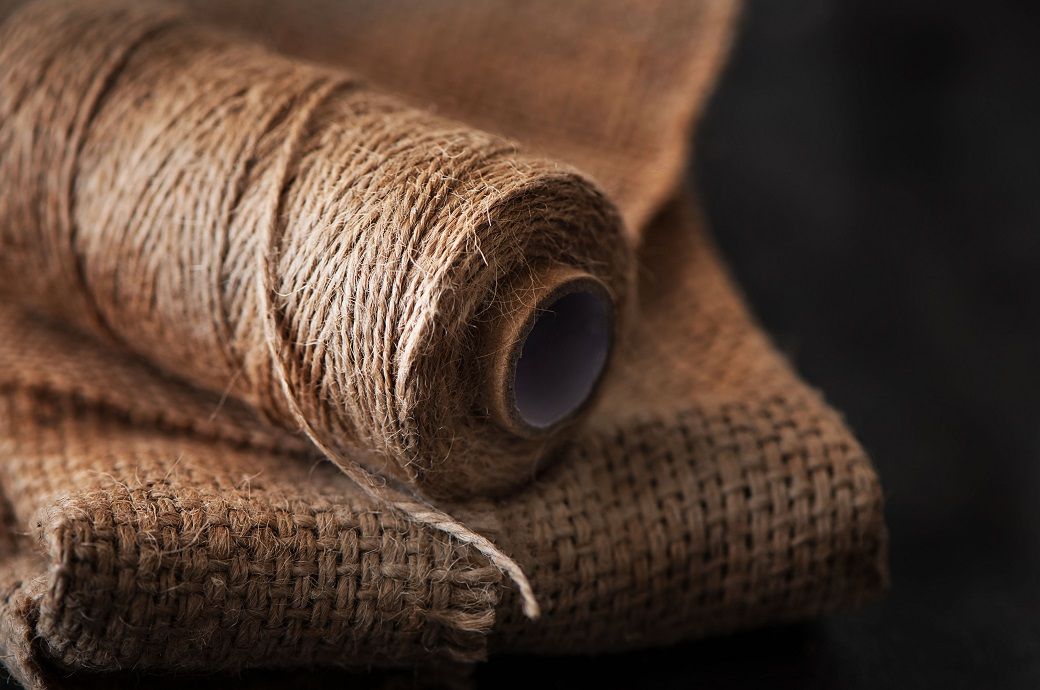
FBCCI will collaborate with entrepreneurs, the government and private stakeholders to address the jute industry's challenges, he said.
Stressing the need to diversify jute products to boost exports, he assured FBCCI's comprehensive support to entrepreneurs in the sector to create new markets and raise exports, according to an FBCCI press release.
Suggestions made by jute sector participants at the meeting included abolishing the 2 per cent source tax on raw jute, implementing the Jute Wrapping Act 2010 fully, halting the use of polythene, initiating appeals against anti-dumping measures, designating jute products as agricultural products and setting up a Jute Sector Development Fund.
They also recommended providing a 30 per cent subsidy for modernising jute mill machinery, arranging low-interest rate bank loans, adjusting tax rates on jute exports, raising cash assistance to 20 per cent for various jute products, waiving off tax at source on export incentives, ensuring the supply of high-yielding jute seeds, and improving the accuracy of statistics related to raw jute production, consumption and export.
The 2 per cent source tax on raw jute is affecting farmers and traders, potentially discouraging jute production and disrupting the industry, the participants lamented.
Fibre2Fashion News Desk (DS)